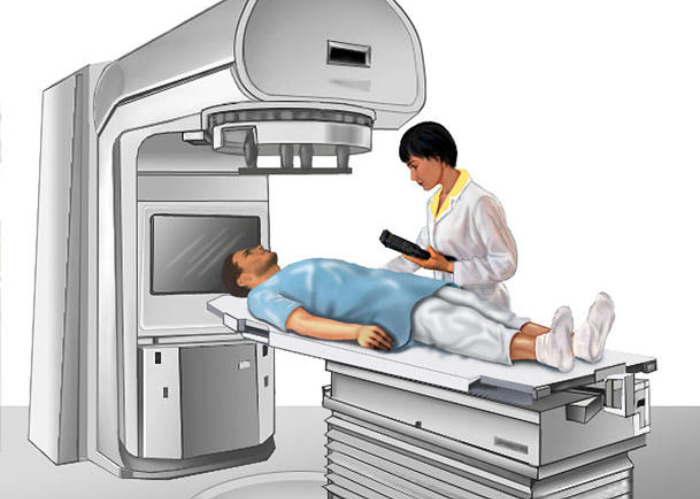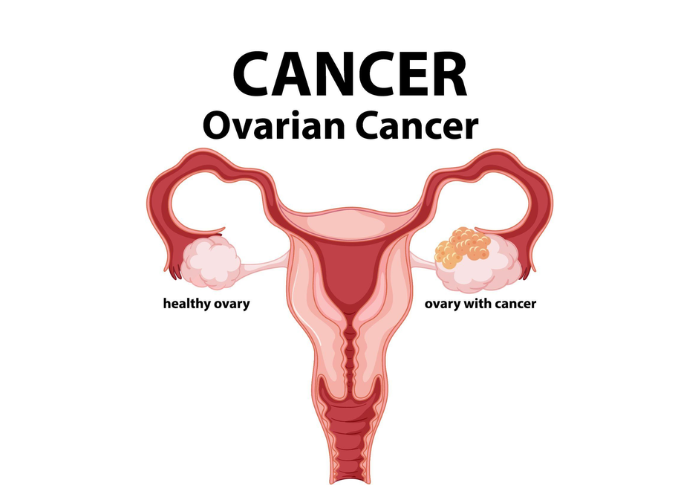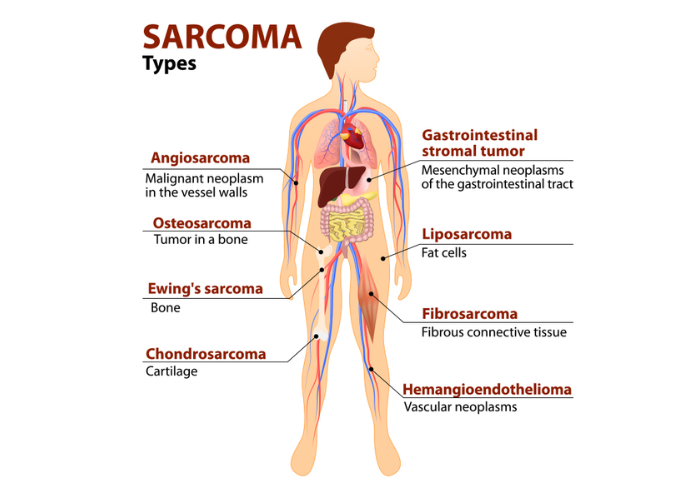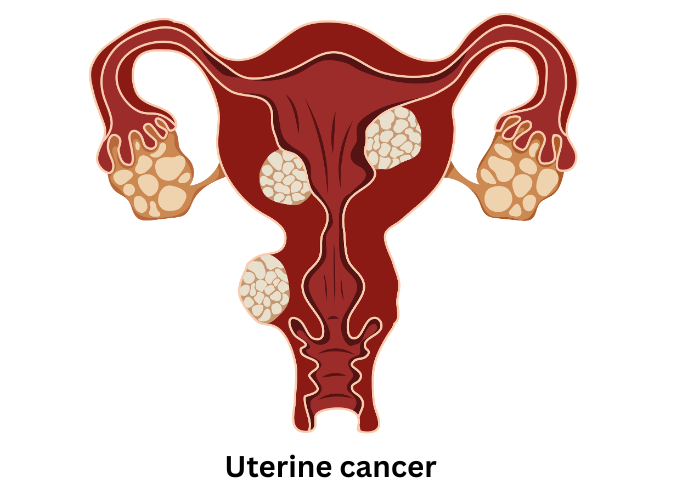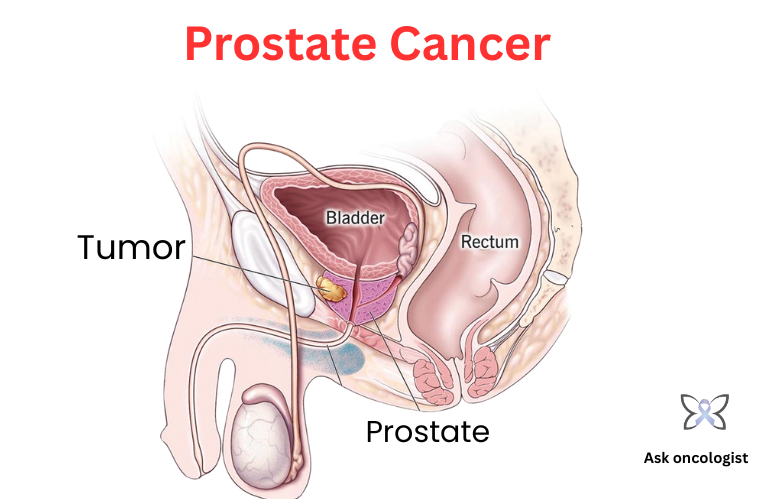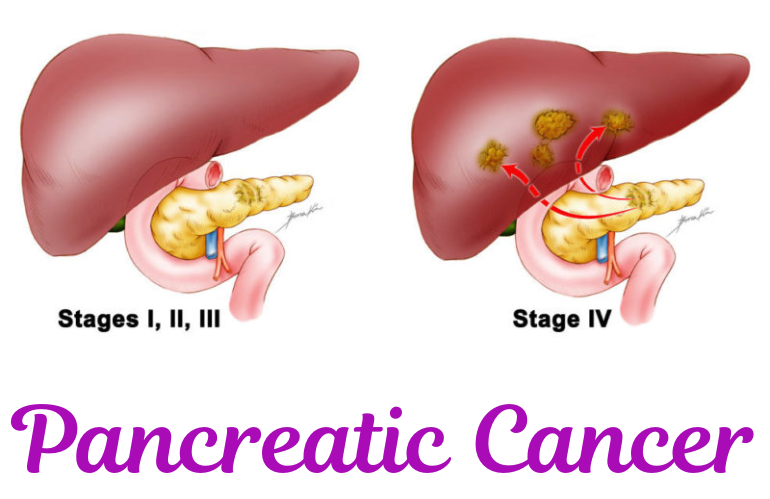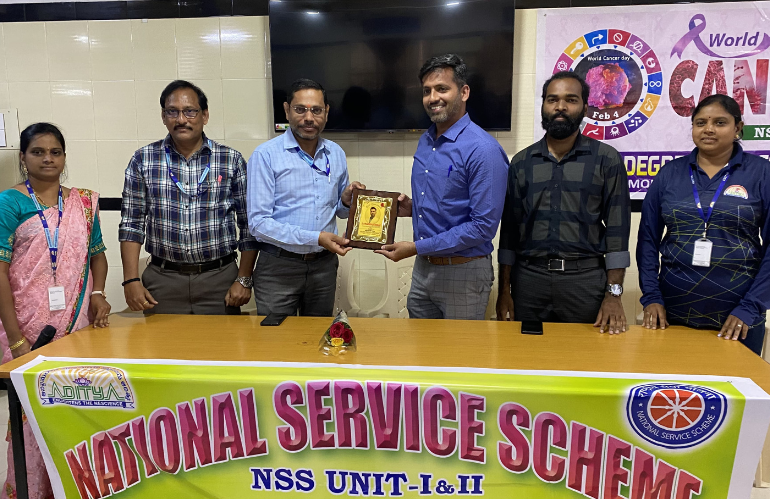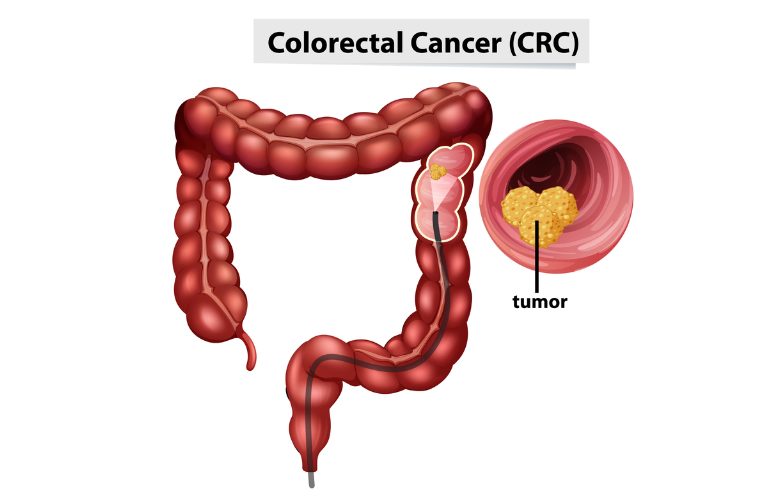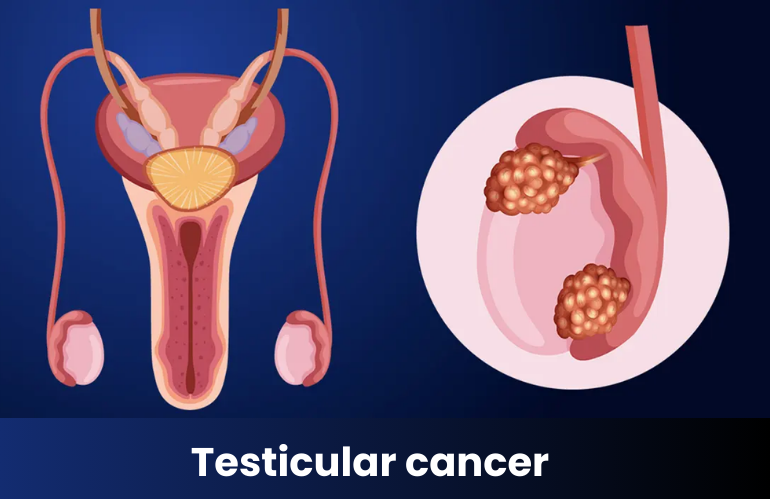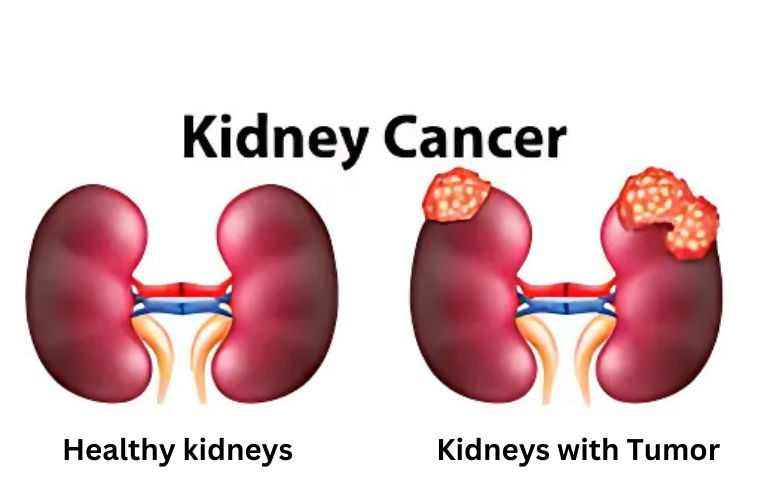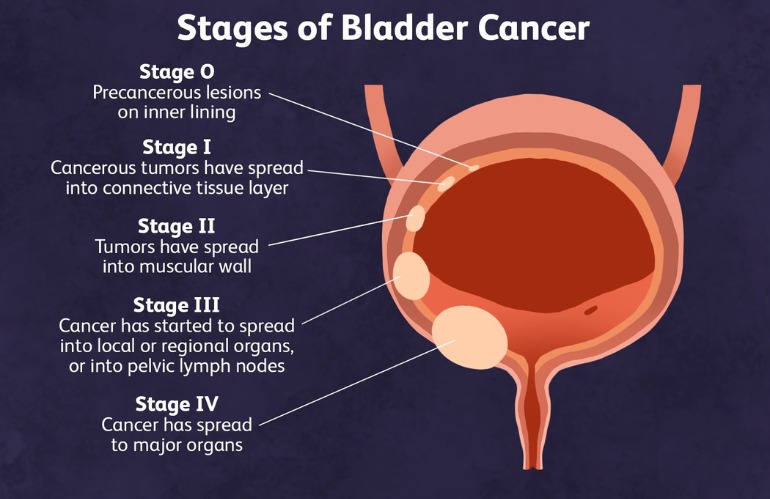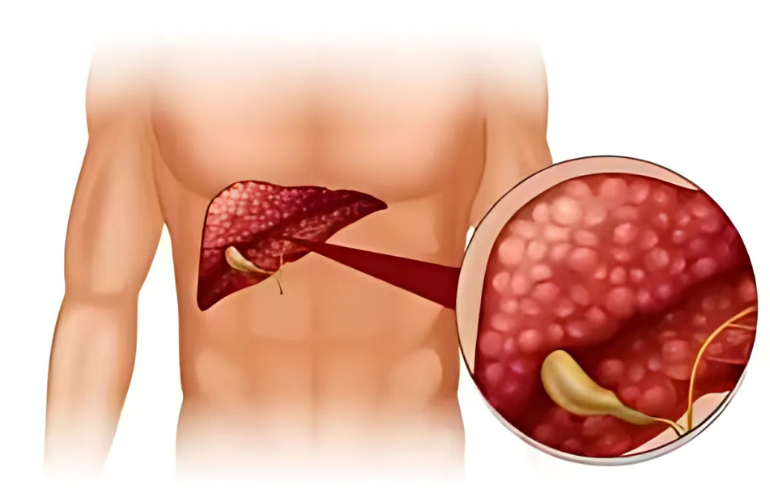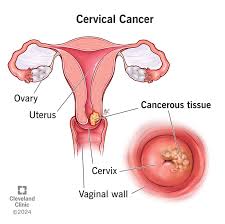Ovarian cancer is a form of malignancy that originates in the ovaries, which are responsible for producing female reproductive cells and key hormones such as estrogen and progesterone. This condition often goes unnoticed in its early stages, making awareness, timely diagnosis, and expert care critical. If you're looking for expert treatment, Dr. Pradeep Bhaskar, a leading cancer specialist in Kakinada, offers advanced, patient-centered care for women facing ovarian cancer.
Ovarian Cancer: Signs, Risk Factors & Available Treatments in Kakinada
What is Ovarian Cancer?
Ovarian cancer occurs when abnormal cells in or around the ovaries grow uncontrollably and may spread to nearby organsThe ovaries are organs of the female reproductive system, located on either side of the womb.Cancer can develop in different cell types, affecting treatment and outcomes.
Common Symptoms to Watch For
During its initial stage, ovarian cancer seldom produces obvious or detectable symptoms.. As it progresses, signs may include:
- Abdominal bloating or swelling
- Feeling full quickly while eating
- Unexplained weight loss
- Pelvic discomfort or pain
- Backache
- Fatigue
- Changes in bowel movements (like constipation)
- Frequent urination
These symptoms are often mistaken for common digestive or urinary issues, delaying diagnosis. That’s why it’s important to consult a trusted oncologist in Kakinada if symptoms persist.
Causes and Risk Factors
Although the precise cause of ovarian cancer remains unclear, several risk factors may elevate the likelihood of its development:
- Age: Most common after menopause
- Family history of ovarian or breast cancer
- Inherited gene mutations like BRCA1 and BRCA2
- Obesity or being overweight
- Hormone replacement therapy after menopause
- Endometriosis
- Early menstruation or late menopause
- Never being pregnant
If you have a significant family history of cancer, seeking advice from a cancer expert in Kakinada such as Dr. Pradeep Bhaskar can help you assess your risk and explore preventive options
Types of Ovarian Cancer
There are three main types of ovarian cancer based on the cells where it begins:
Epithelial tumors – Most common; includes serous and mucinous carcinoma
Stromal tumors – Rare, but often diagnosed early
Germ cell tumors – Typically affect younger women
Each type may require a different treatment approach, which is why accurate diagnosis and expert care are crucial.
Diagnosis of Ovarian Cancer
To diagnose ovarian cancer, your doctor may perform:
- Pelvic examination
- Ultrasound or CT scan of the abdomen and pelvis
- CA-125 blood test to check for tumor markers
- Surgical biopsy for confirmation
- Genetic testing for inherited mutations
Dr. Pradeep Bhaskar, known as one of the best oncologists in Kakinada, uses a combination of these tools for early and precise diagnosis, enabling timely treatment planning.
Treatment Options for Ovarian Cancer
1. Surgery
Depending on the stage and type of cancer, surgical options may include:
- Removal of one or both ovaries
- Hysterectomy (removal of the uterus)
- Removal of nearby lymph nodes and abdominal tissue
- Debulking surgery in advanced stages
2. Chemotherapy
Chemotherapy is often used after surgery to destroy remaining cancer cells. In some cases, it may be administered before surgery to shrink tumors. Techniques like HIPEC (heated chemotherapy delivered directly to the abdomen) may also be considered.
3. Targeted Therapy
Targeted drugs focus on specific cancer cell mutations and are chosen based on genetic testing results. They function by targeting cancerous cells while sparing the healthy tissues.
4. Hormone Therapy
Used for hormone-sensitive ovarian cancers, this treatment blocks the effects of estrogen, which may slow or stop tumor growth.
5. Immunotherapy
In select cases, immunotherapy is used to help the immune system recognize and fight cancer cells more effectively.
6. Palliative Care
Palliative care aims to enhance quality of life by controlling pain and other symptoms. It is delivered alongside ongoing medical treatment to provide both emotional and physical support.
Trusted Ovarian Cancer Care in Kakinada
If you or someone close to you is showing symptoms or has received an ovarian cancer diagnosis, it is crucial to consult a medical specialist. Dr. Pradeep Bhaskar, a highly respected oncologist in Kakinada, provides comprehensive and compassionate care using evidence-based treatments tailored to each patient’s needs.
With a reputation as the best oncologist in Kakinada, Dr. Bhaskar specializes in diagnosing and treating various types of cancer, including ovarian, breast, and gastrointestinal cancers. His patient-first approach, combined with access to modern diagnostic tools and therapies, makes him a trusted name for cancer care in the region.
Final Thoughts
Early detection and prompt treatment can make a significant difference in ovarian cancer outcomes. Whether you're concerned about your symptoms, your genetic risk, or seeking a second opinion, consulting a cancer specialist in Kakinada like Dr. Pradeep Bhaskar can guide you toward the best course of action.
Take charge of your health. Don’t ignore the signs. Early diagnosis saves lives.











